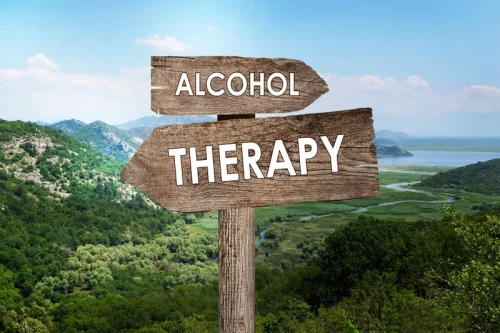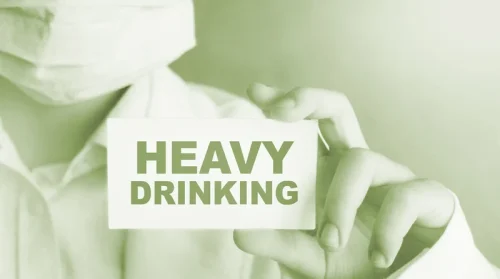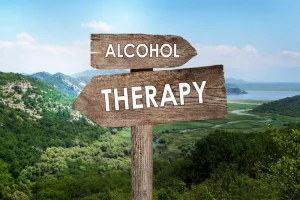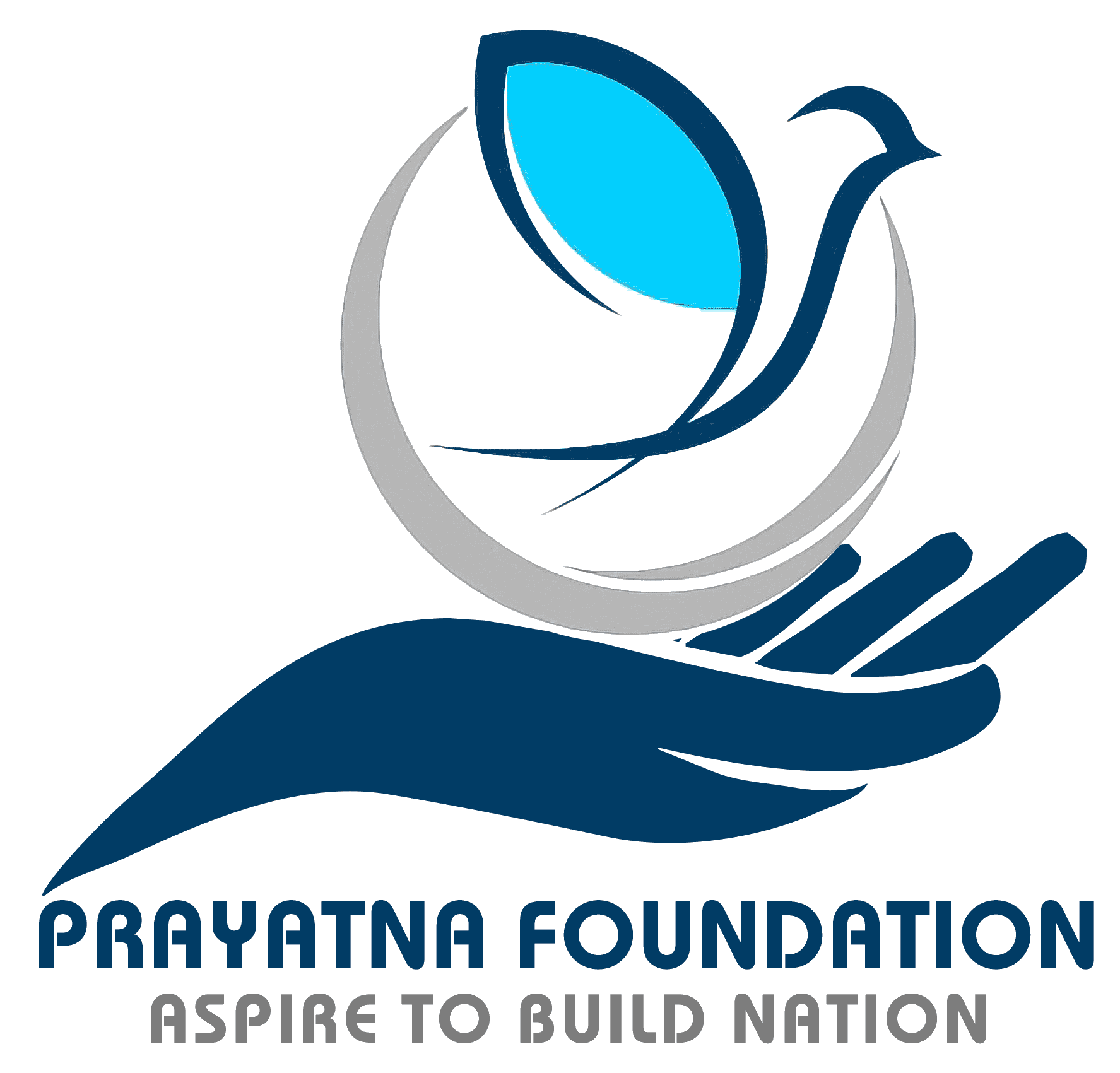
For others, it’s about escaping pain or dealing with mental health issues. Social factors, such as early exposure to gambling or peer pressure, can also play a role in the development of gambling addiction. Effective treatment strategies for gambling addiction how to break the addiction cycle involve addressing these underlying causes through therapy, support groups, and lifestyle changes. By identifying and addressing the root causes of gambling addiction, individuals can break free from the cycle of compulsive gambling and regain control over their lives. Breaking the cycle of gambling addiction is a challenging journey. Whether it’s psychological or social factors that trigger the addiction, seeking professional help is always recommended.

#12. Expect Withdrawal
Understanding the Addiction Relapse Cycle is crucial for developing effective strategies to prevent and manage setbacks. Let’s dive into the murky waters of addiction and explore the stages that keep individuals trapped in this destructive cycle. By shedding light on the intricacies of addiction, we can better equip ourselves to recognize, prevent, Sober living home and treat this devastating condition. A therapist can help you overcome your love addiction and discover new, healthy ways of coping.
What is a Habit?
- First, come fantasizing and preoccupation with the comforting thought of engaging in the habit.
- Despite the grim picture painted by the consequences of addiction, there is hope.
- Dependence brings on extremely negative feelings without the substance or activity of choice.
- Research shows that COA’s who are aware of their risk status drink significantly less than COA’s who are unaware of their risk status (Kumpfer 1989).
- And as they continue to increase use, they become physically and mentally dependent on the drug.
The first step to free yourself from addictions is to first acknowledge these. When you’re addicted to something, it consumes a good deal of your time, energy, and attention. Some addictions, such as to work, shopping, sex, and even exercise might seem harmless enough, but when the activity becomes an end in itself, it becomes problematic. In other words, the source of addiction isn’t the individual substance or activity so much as our way of thinking. You might be able to get off an addiction for a week or month, but without a plan, you’re very likely to relapse.
Contemplation Stage
Remember, addiction is a disease that has no cure, so you should consider your recovery as a process rather than an event. As such, when you complete your treatment program, make sure you either step down to a less intensive level of care or at minimum follow up your treatment with aftercare as recommended. Google for “rehab near me” or “addiction treatment near me.” Assemble a shortlist of suitable rehab centers. As time goes on, abusers can begin to gaslight and manipulate you, and this can leave you feeling overwhelmed, hopeless, and depressed.
- To find out, researchers put a rat in a cage with two water bottles, one with plain water and the other laced with a drug.
- However, when it becomes a full-blown addiction, the experience feels like enslavement.
- Albee (1978) suggests that the risk for behavioral problems is increased by exposure to stress and reduced by social support, social competency (i.e., social skills), and self-esteem.
- Another standard definition of triggers is “people, places, and things” that prompt a craving for the activity or substance.
Seek Emotional Support

For example, some people are constantly overworking and using other tactics to run from sadness because they find it threatening to admit. As someone’s substance use increases, so does their tolerance and physical dependence on the substance. Signs of this happening https://ecosoberhouse.com/ often include consuming more of the substance; more enough for you to notice. For example, one glass of wine might turn into one and a half, and then two in a relatively short amount of time. They may seem the same after two glasses as they did after one—that’s because their tolerance increased.
- COA-specific groups concentrate on alcoholism in the family and strategies for coping.
- This approach would emphasize evaluations of a subject’s functioning over time.
- Let’s take a closer look at the various phases an individual might experience along the way.
- Practice positive self-talk – Acknowledge that the task is hard, but tell yourself that you still can do it.
Replacing Addictive Behaviors with Healthy Habits

Rather, it can be seen as an inevitable part of the healing process for many people. What you do after a relapse defines the success of your recovery journey. Sober Speak aims to be a beacon of hope for alcoholics, addicts, their families, and friends.






